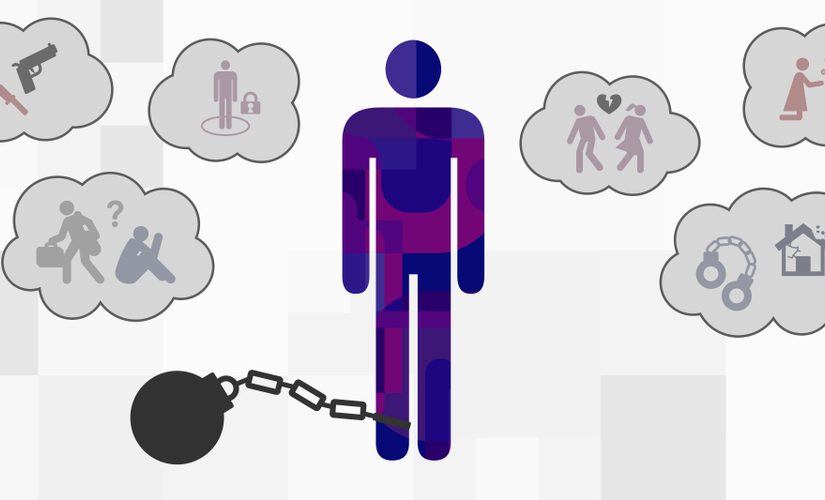- March 29, 2023
- by Shalini Murmu
- Dependent Personality Disorder
Dependent Personality Disorder (DPD) is a mental health condition described by the need to be excessively taken care of by others. People with DPD often rely on others’ approval and guidance thus facing difficulty making decisions. They self-sabotage their plans and usually lack the confidence to start any new projects, and express disagreement. While DPD can present challenges in many areas of life, it can especially intervene with one’s professional life. Here are some strategies for coping with DPD in the workplace:
Build a Support Network
One of the most important things you can do to cope with DPD in the workplace is to create a support network. This could be anyone from friends, family, colleagues, or a therapist. Having people whom you can turn to for guidance, encouragement, and support will not only help you feel more confident but will also ditch the fear of being left out. A support system can also help you practice decision-making skills and build your self-esteem.
Practice Self-Care
Generally, self-care is important for everyone, but it’s especially important for people with DPD. Including regular exercise, a healthy diet, adequate sleep, and engaging in activities that bring you joy and relaxation you will begin to feel good about yourselves. Taking care of yourself can drastically bring a positive change in your symptoms and help you cope with stress in the workplace.
Set Boundaries
One of the challenges of DPD is the tendency to greatly rely on others for guidance and reassurance. Due to this, it becomes difficult to set boundaries in the workplace, which can lead to overwork and burnout. It’s important to recognize your limits and communicate them to your colleagues and superiors. Setting boundaries can help you maintain a healthy work-life balance and avoid stress.
Seek professional help.
Consult for expert assistance if you suspect you have DPD or have been diagnosed with the condition for deeper understanding and treatment. A mental health professional can provide you with therapy and support to help manage your symptoms and build coping skills. They can also work with you to develop a treatment plan that fits into your work life.
Identify and Challenge Negative Thoughts
People with DPD often battle with negative thoughts and beliefs about themselves and question their abilities. These thoughts can lead to feelings of inadequacy and the belief that they need constant reassurance and direction from others. Recognizing and challenging these negative thoughts are an important part of coping with DPD in the workplace. Cognitive-behavioral therapy can be particularly helpful in training people to manage such feelings.
Coping with DPD at the workplace can be difficult, but with the right strategies and support, it is possible to bring your symptoms under control and thrive in your career. Remember, seeking professional help and developing a self-care routine are essential for managing DPD and living a fulfilling life.
Reach us at +1 (917) 267 8635 to get help and guidance and be free of the dependent personality disorder.















